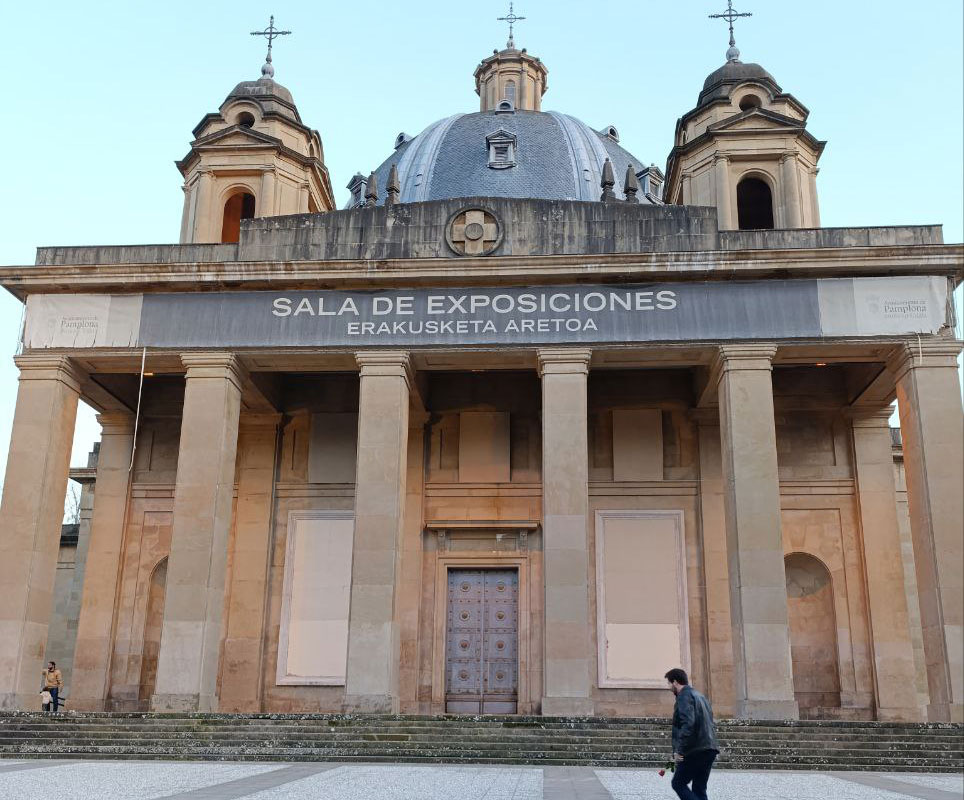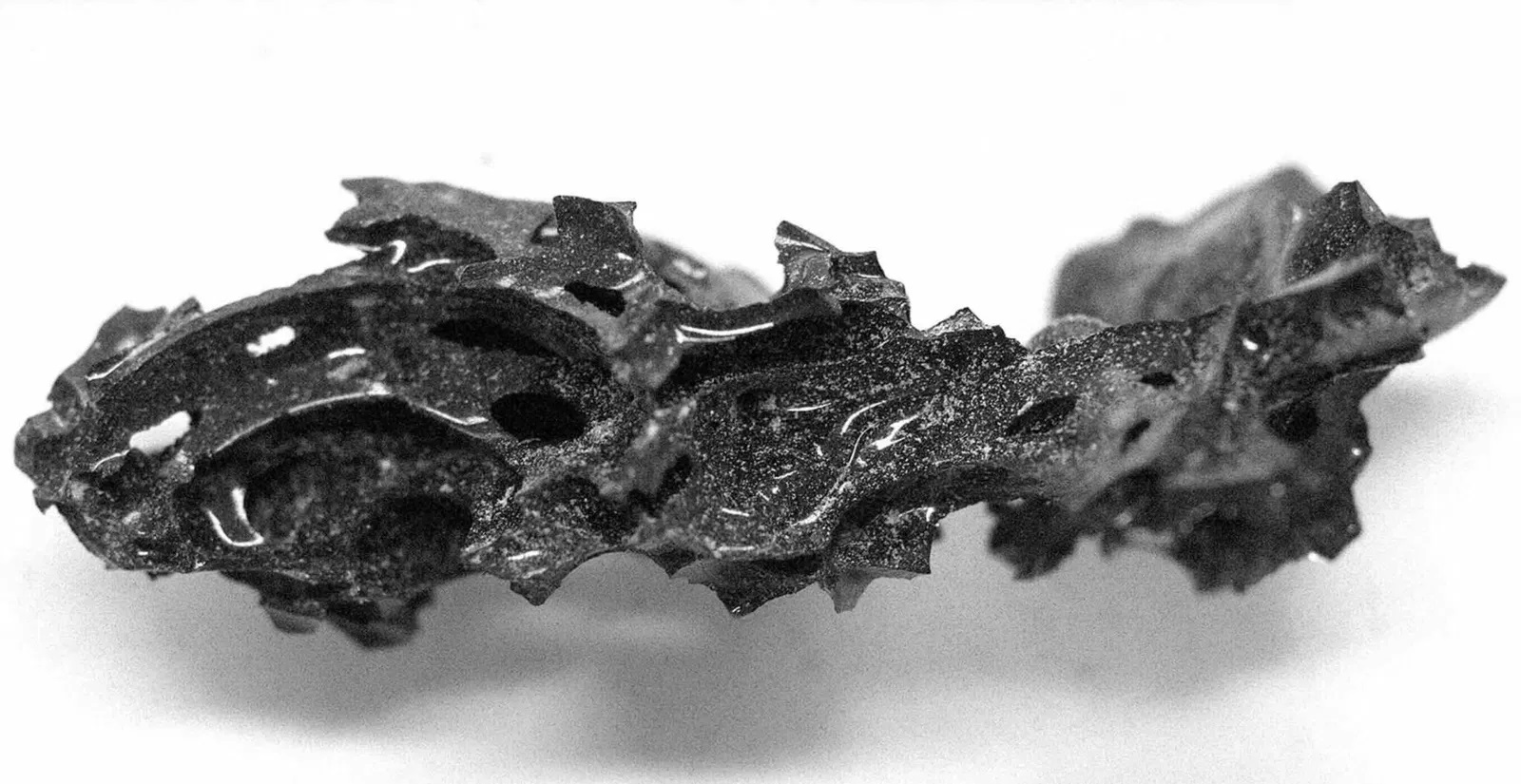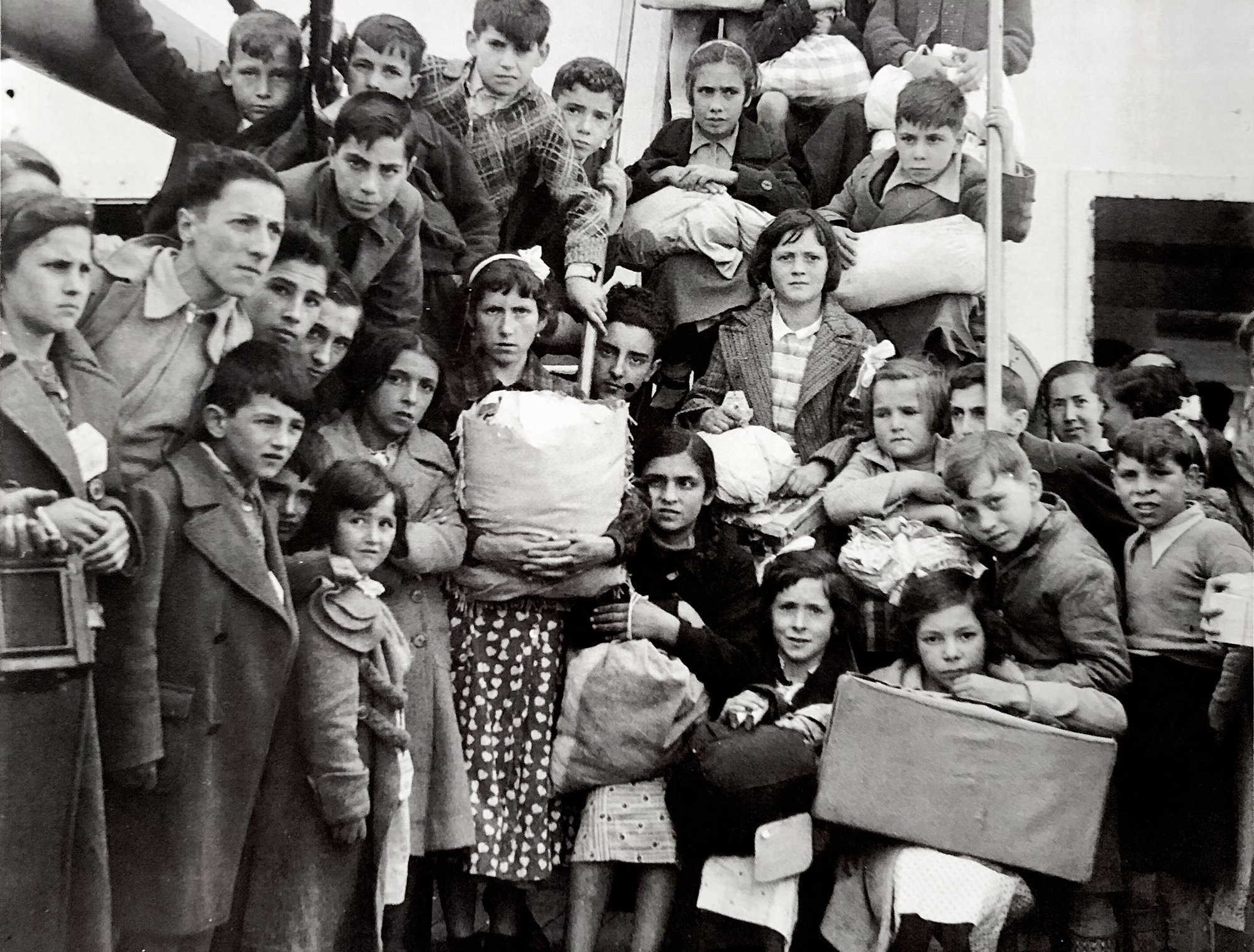"Poetry is a knife, fighting the kalashnikova."
- Haiti, an activist and poet for freedom and democracy, died on 4 January in Paris at the age of 76. In his poems, he often fought against racism in simple language and attunement.
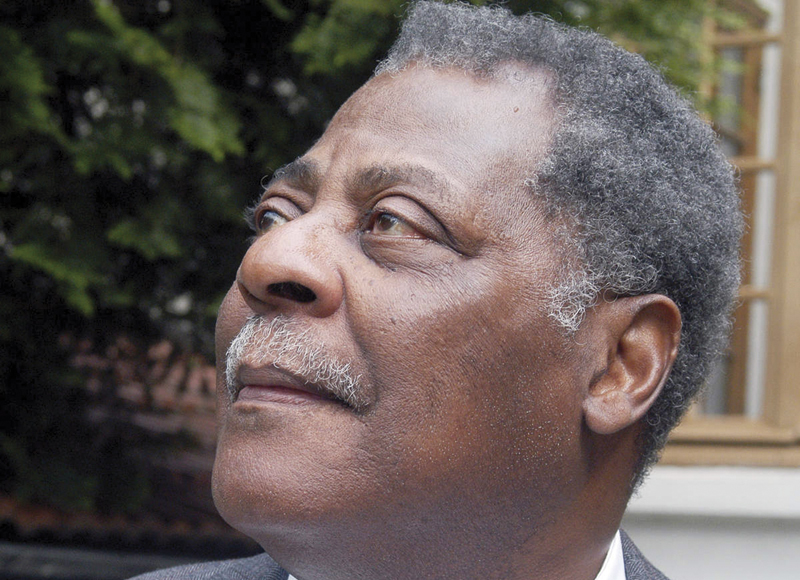
Son of a large family, born in 1959 in Jacmel, in southeastern Haiti. At the age of 20, she began teaching mathematics and natural sciences. But shortly thereafter came to power François Duvalier Papa Doc, who dictated a dictatorship that forced Métellus to embark on a foreign route. He had only 75 dollars in his pocket. Based in Paris, he studied medicine and specialized in neurology, specifically in aphasia and language problems caused by brain injuries. And so, before the poetry, having been a therapist in the hospitals around Paris gave him fame in the world. He also graduated in Linguistics from the University of Sorbonne.
As in the case of all Haitian blacks, Métello was called with a clear vestige of slavery. The owners of the plantations robed the African name and gave their slaves what they would have liked; in the case of the poet's ancestors, Métellus. “I carry the name without forgetting where it comes from,” he once said.
He came to the world of literature with the young doctor and writer Claude Mouchard and had as first parents Aimé Cesaire, André Malraux and Maurice Nadeau. He created his first poems in 30 years, in the language he had used most in his life: French. Then he explained many times that he began to write “for a kind of somnambulism”, “I wasn’t too aware of what I was doing, but I had no choice but to go on, I couldn’t stop writing.”
These first poems saw the light in 1969, in the literary magazines Des Lettres Nouvelles of Maurice Nadeau and in the magazines Temps Modernes of Jean-Paul Sartre, among others. Almost ten years later came Au Pipirite Chantant, his famous poem. It was followed by some thirty works, not only poetry, but also plays, essays and novels, “all filled with poetic fiber”.
The poet and physician Metéllus remembered very well his job as a therapist when he picked up the pen. When asked to define what poetry is, “it’s a nerve that keeps the forces of resistance of man firm and alive,” he said on one occasion.
In the last interview, in December 2013, a month before his death, Métellus spoke about the racism that is accentuating in French society. In this sense, the journalist asked him if poetry is a weapon and he answered: “It’s a weapon, but limited: poetry is a knife in front of the kalashnikova.”
Atapuercako aztarnategian hominido zahar baten aurpegi-hezur zatiak aurkitu dituzte. Homo affinis erectus bezala sailkatu dute giza-espezieen artean, eta gure arbasoek Afrikatik kanpora egindako lehen migrazioei buruzko teoriak irauli ditzake, adituen arabera.
Chão de Lamas-eko zilarrezko objektu sorta 1913an topatu zuten Coimbran (Portugal). Objektu horien artean zeltiar jatorriko zilarrezko bi ilargi zeuden. Bi ilargiak apaingarri hutsak zirela uste izan dute orain arte. Baina, berriki, adituek ilargietan egin zituzten motibo... [+]
Hertfordshire (Ingalaterra), 1543. Henrike VIII.a erregearen eta Ana Bolenaren alaba Elisabet hil omen zen Hatfield jauregian, 10 urte besterik ez zituela, sukarrak jota hainbat aste eman ondoren. Kat Ashley eta Thomas Parry zaintzaileek, izututa, irtenbide bitxia topatu omen... [+]
Kanakyko Gobernuko kide gisa edo Parisekilako elkarrizketa-mahaiko kide gisa hitz egin zezakeen, baina argi utzi digu FLNKS Askatasun Nazionalerako Fronte Sozialista Kanakaren kanpo harremanen idazkari gisa mintzatuko zitzaigula. Hitz bakoitzak duelako bere pisua eta ondorena,... [+]
Urte bat beteko da laster Pazifikoko Kanaky herriko matxinada eta estatu-errepresiotik. Maiatzaren 14an gogortu zen giroa, kanaken bizian –baita deskolonizazio prozesuan ere– eraginen lukeen lege proiektu bat bozkatu zutelako Paristik. Hamar hilabete pasa direla,... [+]
Hiru bideo dira (albiste barruan ikusgai). Batak jasotzen du, grebak antolatzea leporatuta, Carabanchelen espetxeratu zituzten Jesús Fernandez Naves, Imanol Olabarria eta Juanjo San Sebastián langileak espetxetik atera ziren unea, 1976ko abuztuan. Beste biak Martxoak... [+]
Otsailean bost urte bete dira Iruña-Veleiako epaiketatik, baina oraindik hainbat pasarte ezezagunak dira.
11 urteko gurutze-bidea. Arabako Foru Aldundiak (AFA) kereila jarri zuenetik epaiketa burutzera 11 urte luze pasa ziren. Luzatzen den justizia ez dela justizia, dio... [+]
Bilbo Hari Gorria dinamikarekin ekarriko ditu gurera azken 150 urteetako Bilboko efemerideak Etxebarrieta Memoria Elkarteak. Iker Egiraun kideak xehetasunak eskaini dizkigu.
33/2013 Foru Legeari Xedapen gehigarri bat gehitu zaio datozen aldaketak gauzatu ahal izateko, eta horren bidez ahalbidetzen da “erregimen frankistaren garaipenaren gorespenezkoak gertatzen diren zati sinbolikoak erretiratzea eta kupularen barnealdeko margolanak... [+]
79. urtean, Vesubio sumendiaren erupzioak errautsez eta arrokaz estali zituen Ponpeia eta Herkulano hiriak eta hango biztanleak. Aurkikuntza arkeologiko ugari egin dira hondakinetan; tartean, 2018an, gorpuzki batzuk aztertu zituzten berriro, eta ikusi zuten gizon baten garuna... [+]
Luxorren, Erregeen Haranetik gertu, hilobi garrantzitsu baten sarrera eta pasabide nagusia aurkitu zituzten 2022an. Orain, alabastrozko objektu batean Tutmosis II.aren kartutxoa topatu dute (irudian). Horrek esan nahi du hilobi hori XVIII. dinastiako faraoiarena... [+]
AEB, 1900eko azaroaren 6a. William McKinley (1843-1901) bigarrenez aukeratu zuten AEBetako presidente. Berriki, Donald Trump ere bigarrenez presidente aukeratu ondoren, McKinleyrekiko miresmen garbia agertu du.
Horregatik, AEBetako mendirik altuenari ofizialki berriro... [+]
Andeetako Altiplanoan, qocha deituriko aintzirak sortzen hasi dira inken antzinako teknikak erabilita, aldaketa klimatikoari eta sikateei aurre egiteko. Ura “erein eta uztatzea” esaten diote: ura lurrean infiltratzen da eta horrek bizia ekartzen dio inguruari. Peruko... [+]
1936ko Gerran milaka haurrek Euskal Herria utzi behar izan zuten faxisten bonbetatik ihes egiteko. Frantzia, Katalunia, Belgika, Erresuma Batua, Sobietar Batasuna eta Amerikako herrialdeetara joandako horien historia jasotzeko zeregin erraldoiari ekin dio Intxorta 1937... [+]









